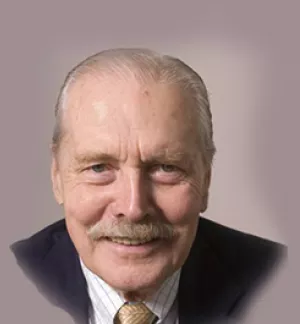A state dinner with scores of glitterati, a visit to Monticello, a stopover in Silicon Valley—home to a French diaspora of 40,000—all this amounting to a dazzling reaffirmation of the French-American relationship.
Even when asked at a press conference which he preferred, Britain or France, President Obama neatly sidestepped the question by saying he had two lovely daughters and loved them both and then multilateralized things by saying that that's the way he felt about all our European allies.
Even the question of spying on each other was minimized. As President François Hollande stated, "President Obama and myself clarified things…Mutual trust has been restored." (New York Times, February 17, 2014).
Why is the French reaction much less vociferous than that of the Germans to the revelations of NSA spying on U.S. allies? Apart from Germany's 20th century history, I would cite two factors. First, unlike Germany, there has been no U.S. troop presence in France since 1966, when General de Gaulle decided to leave the integrated command of NATO. (France rejoined the command under President Nicolas Sarkozy in 2009.)
Secondly, unlike the Germans, the French themselves have spied on the United States in the past, most egregiously in rifling through the suitcases of U.S. officials and businessmen stopping in French hotels.
But now France, and again unlike Germany, has become an important, if not the most important security partner of the United States, leading the intervention in Libya; undertaking unilateral and appreciated actions in Mali and the Central African Republic; and standing at the ready for the bombing of Syria which Barack Obama succeeded in calling off.
So the exceptional reception of President Hollande was an expression of gratitude for France's new role, at a time when both Presidents are in trouble at the polls.
But I apprehend a sub-text to the visit to Monticello, to the home of the most pro-French President of the United States, Thomas Jefferson, who once famously remarked that of course the United States was his favorite country, but France was next. Also, part of the sub-text that I perceive is the fact that the most famous racially-mixed relationships in the history of the United States have been that of Thomas Jefferson and Sally Hemings—and that of Barack Obama Sr. and Ann Dunham.
Statements and views expressed in this commentary are solely those of the author and do not imply endorsement by Harvard University, the Harvard Kennedy School, or the Belfer Center for Science and International Affairs.
Cogan, Charles. "Mixing it up at Monticello." Belfer Center for Science and International Affairs, Harvard Kennedy School, February 20, 2014.





